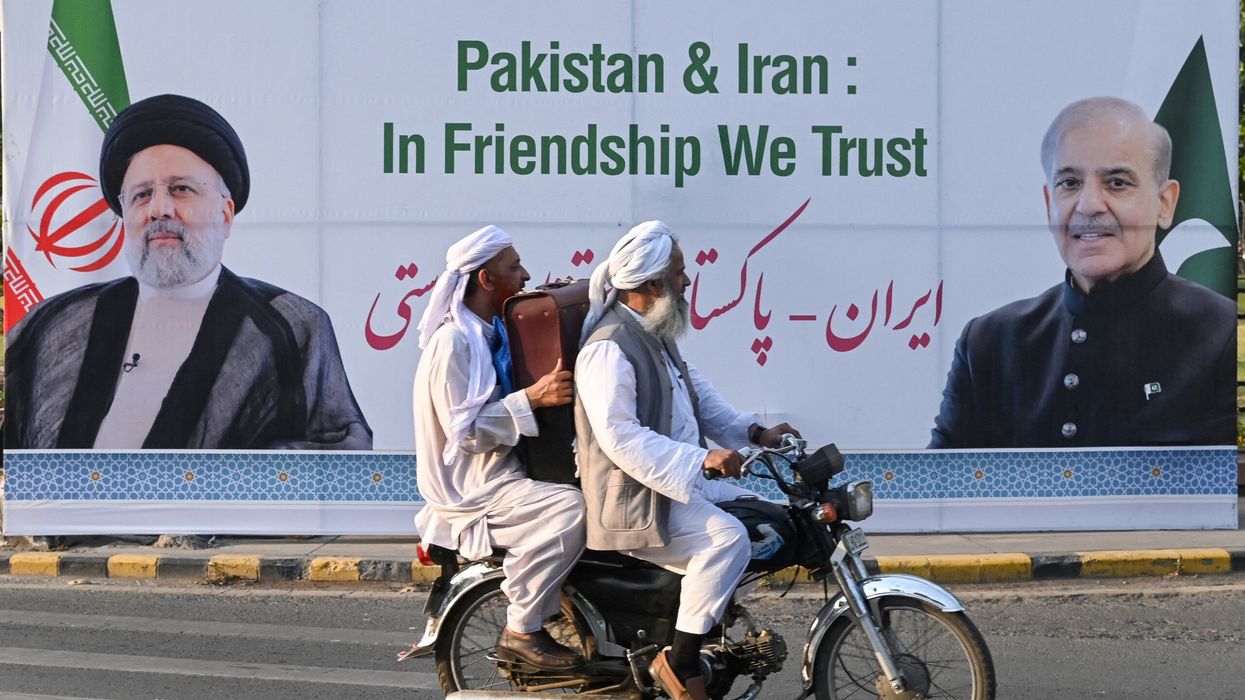IRAN and Pakistan are looking at ways to complete a long-delayed gas pipeline project between the two countries, Iran’s consul general to Pakistan, Hassan Nourian, said on Monday (6). “We see political determination from Pakistan to complete the project,” he told reporters in Karachi.
Both countries signed an agreement to construct the pipeline from Iran’s South Fars gas field to Pakistan’s Balochistan and Sindh provinces in 2010, but work on Pakistan’s portion has been held up due to fears of US sanctions. The 1,900 kilometre (1,180 mile) pipeline was meant to supply 750 million to one billion cubic feet per day of natural gas for 25 years to meet Pakistan’s rising energy needs.
Tehran said it has invested $2 billion (£1.6bn) to construct the pipeline on its territory. Pakistan, however, did not begin construction, citing international sanctions on Iran as the reason. In 2014, Islamabad asked for a 10-year extension to build the pipeline, which expires in September this year. Iran can take Pakistan to international court, industry watchers have said. Faced with potential legal action, Pakistan’s caretaker administration this year gave the go ahead in principal to commence plans to build an 80km segment of the pipeline.
In March, Islamabad said it would seek a US sanctions waiver for the pipeline. The US, however, said it did not support the project and cautioned about the risk of sanctions in doing business with Tehran.
Nourian on Monday said the pipeline did not come under international restrictions, and that the two countries were discussing the issue.
He did not answer a question about the potential for Iran to take legal action against Pakistan if it did not complete its side of the pipeline this year.
Pakistan, whose domestic and industrial users rely on natural gas for heating and energy needs, is in dire need for cheap gas with its own reserves dwindling fast and LNG deals making supplies expensive amidst high inflation. Iran has the world’s second-largest gas reserves after Russia, according to BP’s Statistical Review of World Energy, but sanctions by the West, political turmoil and construction delays have slowed its development as an exporter.




